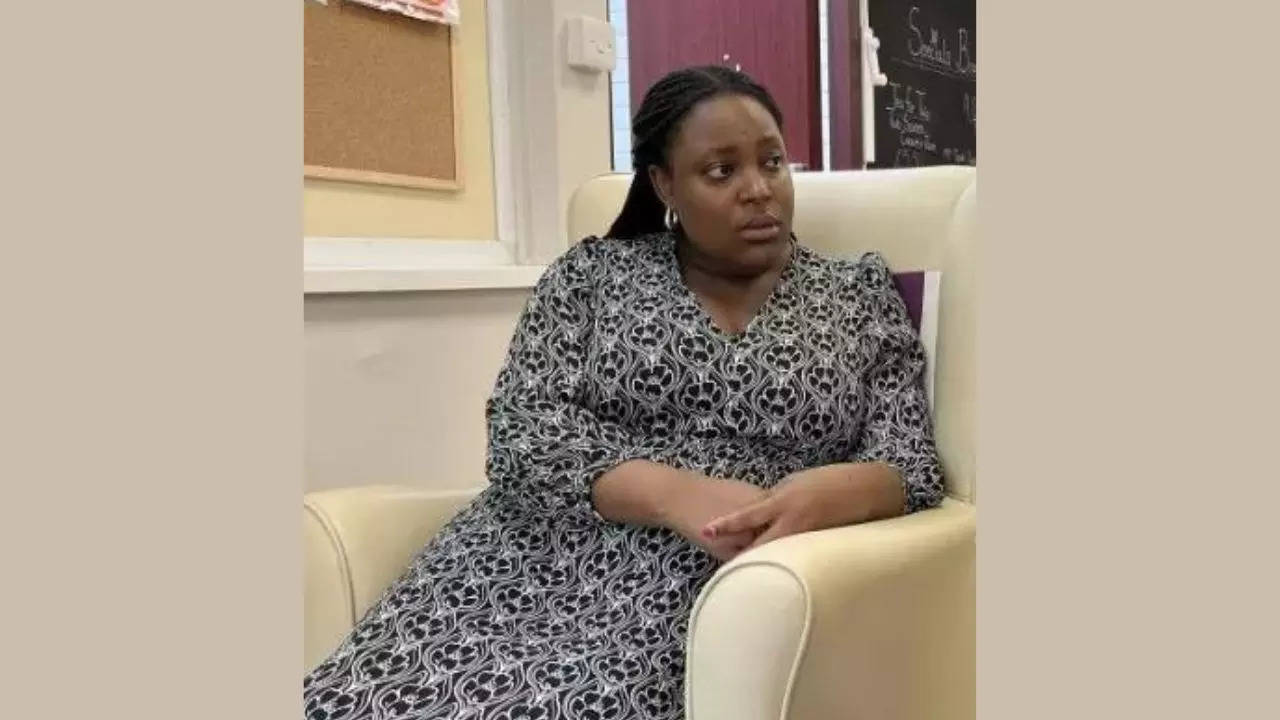Owatemi expressed her deep concern for the women and families affected by this study in a statement posted on social media platform X.
In 1969, a Coventry-based general practitioner identified approximately 21 Indian-origin women for the research. These women were provided with chapatis containing the radioactive iron isotope Iron-59, without their consent. The study aimed to tackle the prevalent issue of anemia, a condition caused by iron deficiency, within the South Asian community. Researchers speculated that traditional South Asian diets might be a contributing factor.
Dr. Louise Raw, in a post on X (previously Twitter), raised concerns about the informed consent of the 21 Coventry research participants who were part of the 1969 study. This information came to light in the 1995 Channel 4 series ‘Deadly Experiments,’ and subsequent investigations in the 1990s failed to locate all affected individuals.
The Medical Research Council (MRC) stated that since its investigation report was published 25 years ago, ethics and regulations in the medical research industry have become more rigorous.In an hour-long video, one woman claimed she was unaware that the chapatis she consumed as part of the medical experiment contained radioactive material. The Coventry Health Authority and MRC have since examined participant consent in later investigations.Radioactive isotopes, as explained, are unstable forms of chemical elements that emit radiation as they undergo radioactive decay to become more stable isotopes. They have unstable nuclei with an excess of energy, and this energy is naturally released in the form of radiation.
The call for a legislative investigation comes as a response to the concerns raised about the ethical implications and informed consent surrounding this decades-old medical study.


